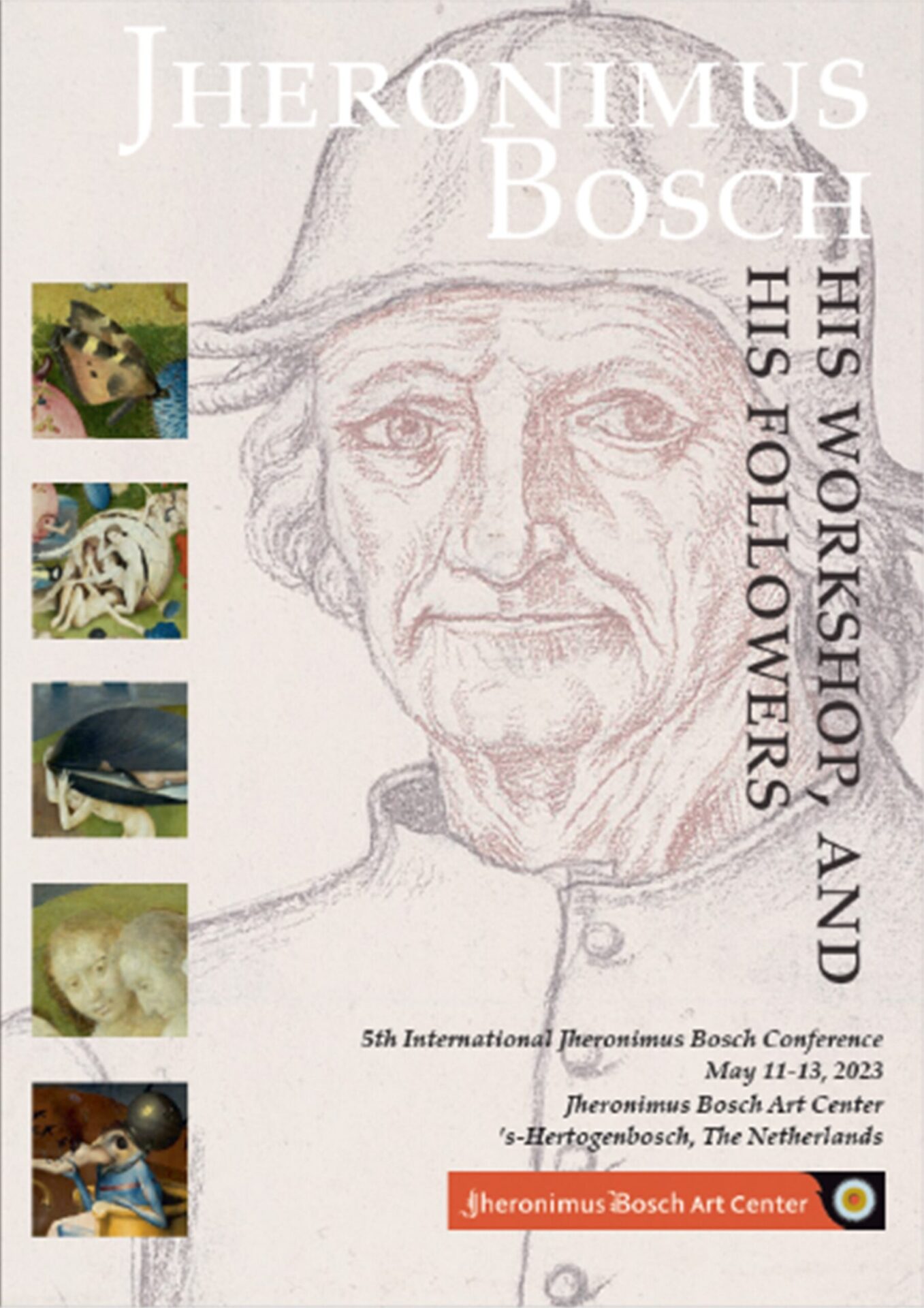
Koldeweij 2023
“Four of the Triptychs by Jheronimus Bosch as ‘exempla iustitiae’ and Albrecht Dürer’s ‘gross beth’” (Jos Koldeweij) 2023
[in: Jos Koldeweij and Willeke Cornelissen (eds.), Jheronimus Bosch – His Workshop and His Followers – 5th International Jheronimus Bosch Conference, May 11-13, 2023, Jheronimus Bosch Art Center, ’s-Hertogenbosch, The Netherlands. Jheronimus Bosch Art Center, ’s-Hertogenbosch, 2023, pp. 134-167]
In Western Europe around 1500, representations of the Last Judgement were almost always present in or close to council chambers and rooms where justice was administered as ‘exempla iustitiae’ (examples of justice). Koldeweij argues that Bosch’s Bruges and Vienna Last Judgement triptychs were not only memorial pieces but also justice paintings. The latter could also be true for the Venice Visions of the Hereafter panels, for Lucas Cranach’s copy of the Vienna Last Judgement (possibly destined for the townhall of Wittenberg) and even for Bosch’s Haywain, Pedlar, and Garden of Delights triptychs. In 1517, this latter triptych was seen in Henry III of Nassau’s Brussels palace by Antonio de Beatis and some years later also by Albrecht Dürer, who both mentioned the presence of a ‘large bed’ in the same palace. Probably this was not a real bed meant for debauchery, but a so-called lit de justice, a ‘bed of state’: a platform covered with precious textiles intended for ceremonial receptions. Possibly this ‘bed’ was placed in the same hall where the Garden and other paintings were on display and which was used for councils and court hearings. De Beatis and Dürer may have misunderstood the French word ‘lit’ which was used by a guide during their tour of the Brussels Nassau Palace.
[explicit April 19, 2024 – Eric De Bruyn]